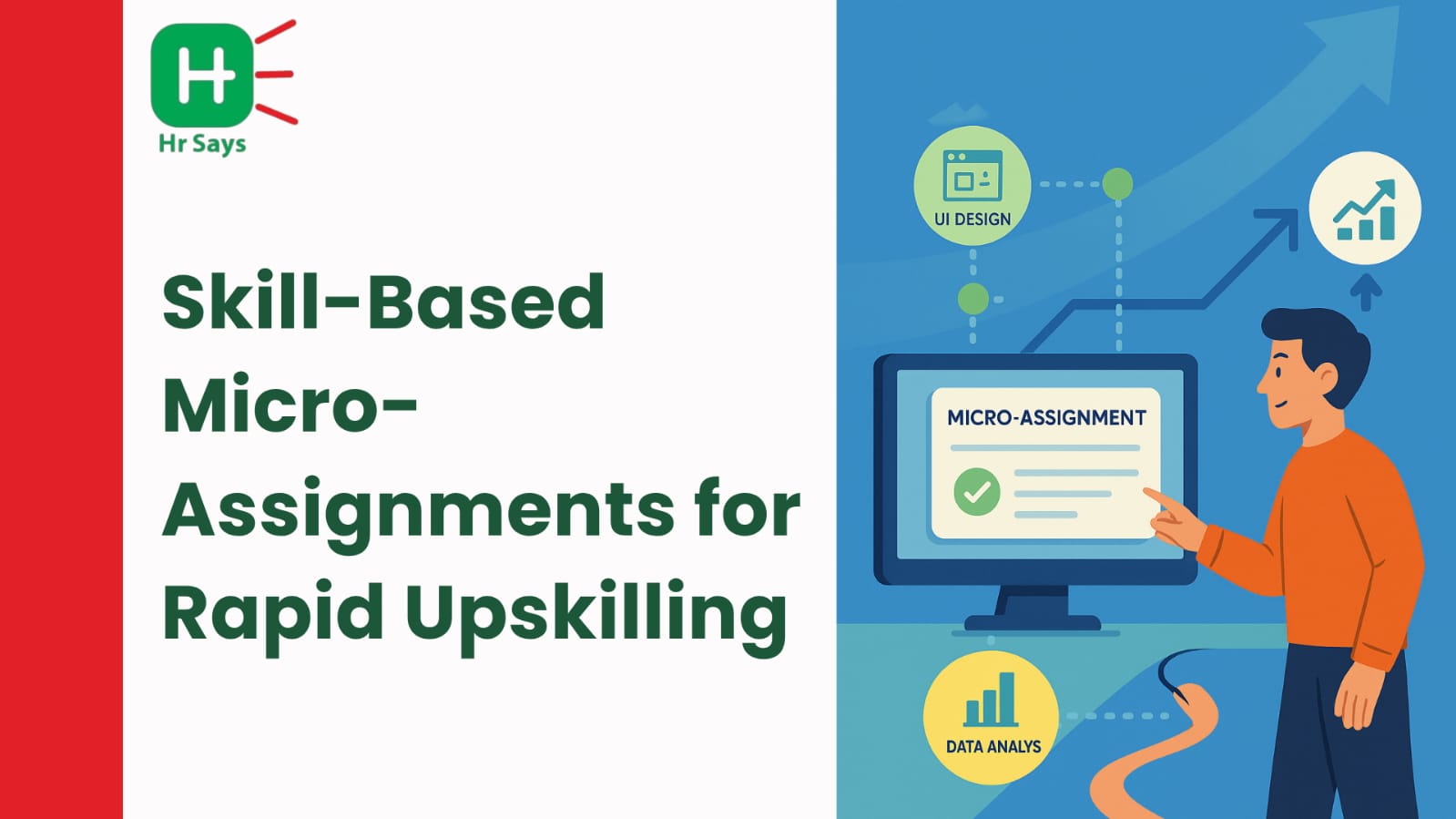How do you learn faster when the world won’t slow down? Traditional training often misses the moment. Micro-assignments—short, skill-based tasks—are emerging as a quieter, more practical fix.
They aren't loud. But they get things done.
A New Way to Learn by Doing
Learning has changed. So has work. Courses are fine. But execution? That's where most fall short.
Micro-assignments work differently. They embed learning into actual work. Real problems. Real tools. Real time.
Instead of workshops and long sessions, employees get:
● Small tasks linked to one specific skill
● Context that reflects their team or business
● Limited timeframes—usually hours or days, not weeks
● Feedback that comes fast and sharp
It’s less about knowing, more about applying.
Why the Old Ways Feel Slow Now
L&D programs often feel disconnected. Employees forget most of what they hear. Managers chase KPIs; learners chase deadlines.
But:
● Skill needs are changing monthly
● People want progress, not just theory
● Time is short, pressure is high
Micro-assignments respond to that. They're faster. Lighter. Closer to the action.
Still, not perfect. Not all roles can be upskilled this way. And not all managers have the time to guide it.
But in many cases, they work better than expected.
What It Feels Like
A content writer gets a 3-hour task to test SEO optimization. A junior analyst is given a mini dashboard to build before Friday. A team member shadows one sprint, then writes their own spec doc.
No long prep. No full project ownership. Just one challenge. One goal. One review.
It has the feeling of a kind of a deep end-in a minute.
Positives (and Negatives)
The Upside:
● Builds confidence without full role change
● Creates learning by doing, not by watching
● Makes training relevant, not generic
● Encourages autonomy and curiosity
The Downside:
● Not scalable without structure
● Needs active guidance from team leads
● Doesn’t suit passive learners
It won’t replace formal training. But it makes the learning stick.
Conclusion
Talent won’t wait for the next quarter. It grows when friction meets action.
Skill-based micro-assignments aren’t a trend. They’re a reflection of what’s needed now: faster learning, done quietly. No banners. No long decks.
Just one task at a time—until the gap starts to close.

 The development of talent within companies is being redefined as a result of micro-assignments. Skill-based, focused and real time, they provide a rapid, rooted route to development. This shift doesn’t promise magic, but it does deliver momentum.
The development of talent within companies is being redefined as a result of micro-assignments. Skill-based, focused and real time, they provide a rapid, rooted route to development. This shift doesn’t promise magic, but it does deliver momentum.








.jpeg)
.jpeg)

.jpeg)





.jpeg)



.jpeg)

.jpeg)



